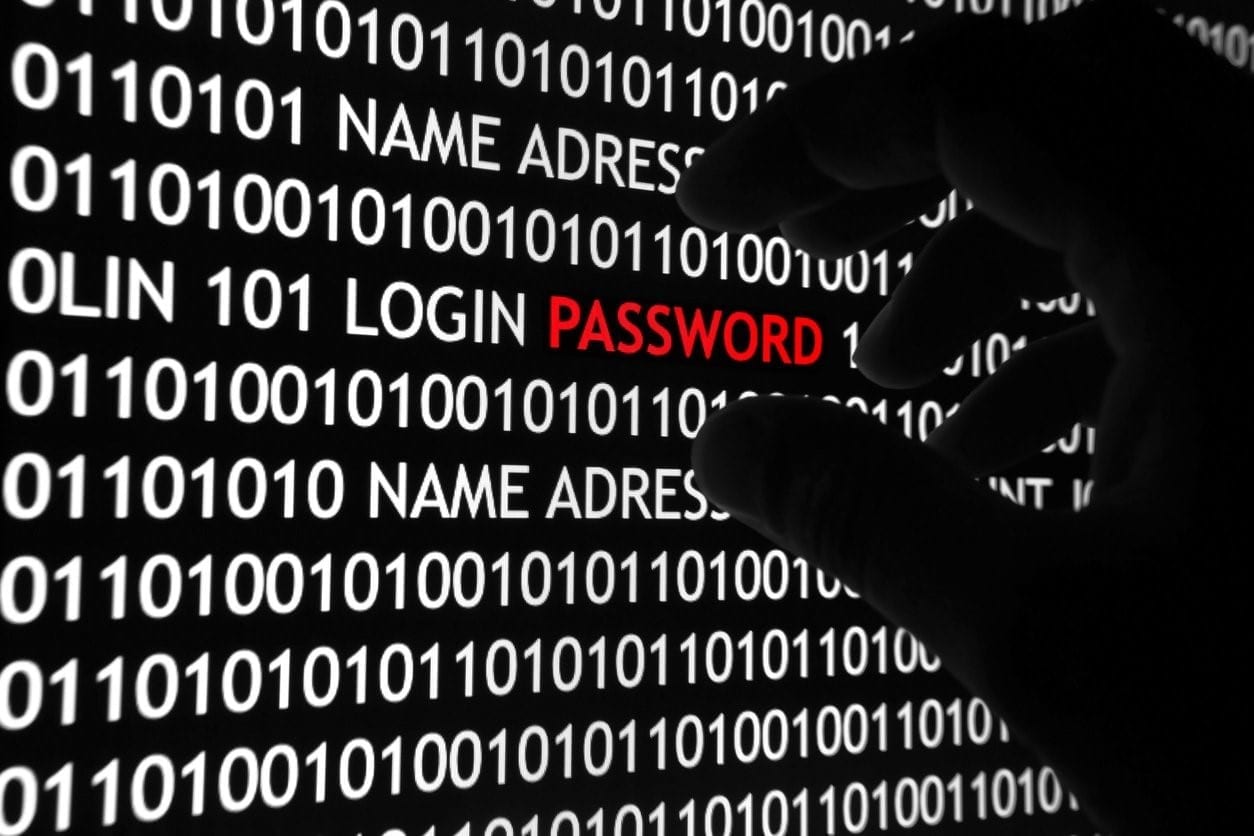6 Things You Don’t Know About Fraud in Illinois
“You’re a fraud!”
Accusing someone of fraud sometimes sounds like a scene from an old movie. We know that fraud is often linked with dishonesty, but how serious is a fraud charge? What does fraud entail, and how often do miscommunications and mistakes legally qualify as fraud?
If you have been charged with fraud or believe you may be charged with fraud, it is crucial to understand the charges you are facing and the possible consequences from a fraud conviction.
Below are 6 things you may not know about fraud in Illinois.
Fraud is a broad term. What is fraud? Any act of deception with intent to harm is considered fraud. Some of the different kinds of fraud include:
- Healthcare fraud
- Internet fraud
- Wire fraud
- Securities fraud
- Bank fraud
- Mail fraud
- Tax fraud
- Credit card fraud
If you forge an employee’s signature on a document at work with unjust intentions, you have committed fraud. When a telemarketer calls your home offering a “free” trial in an effort to secure payments in the future, he or she is committing fraud.
“Catfishing” and “pyramid schemes” are considered fraud. Technology and the Internet have introduced endless possibilities: including limitless ways for people to commit Internet fraud. Creating fake social media profiles or identities on the Internet is called “catfishing,” and it is illegal. Catfishers have not only been charged with fraud, but actually brought to the Illinois Supreme Court.
“Pyramid schemes” are business ventures that profit simply from promoting that venture. Often, to enter into a pyramid scheme, an individual must pay a large sum of money, with a greater sum of money promised to them after they recruit friends, neighbors, and coworkers. Pyramid schemes are considered illegal in Illinois and the owners of the scheme can be charged with fraud. The more money involved in the pyramid scheme, the higher the consequences.
In Illinois, fraud is typically a Class 3 felony. The punishments for a Class 3 felony are to be taken very seriously. If you are charged with a Class 3 felony you may be sentenced to 2-5 years in prison, face a fine of up to $25,000, and if you are convicted of fraud, you may have to pay restitution to victims on top of this.
It’s possible that charges and penalties could be less severe if little money or few people are involved. Some incidents of fraud are charged as Class A misdemeanors. But it can also go the other way, and…
…You can face life in prison for fraud. Certain very serious incidents of fraud are charged as Class X felonies, which come with severe consequences. An even harsher punishment can be added to your sentence if your case involves aggravated factors.
Examples of aggravated factors include the involvement of elderly or underage victims, hate crimes, and if you have previous criminal charges.
In court, fraud and theft go hand in hand. If you believe you may have been involved in or are being investigated for fraudulent activity, you must consider the possibility of being charged with felony theft. Both are considered white-collar (nonviolent) crimes, and a felony theft charge is the most common consequence for white-collar crimes in the state of Illinois. Any theft or fraud involving over $500 is considered a felony.
Committing fraud requires specific intent. Because fraud is such a broad terms, it is not uncommon for someone to find themselves charged for a simple mistake, misunderstanding, or miscommunication. What happens if you are accidentally charged with fraud?
A key element of fraud is the intention to do harm or make personal financial gains. Because of this, one of the most common defenses against a fraud charge is a lack of intent. You may have done something wrong, but it was inadvertent. Without intent, fraud did not occur.
If you have been charged with fraud or are concerned that you may be charged, it is important to review your case and possible options immediately. Seek out an experienced Chicago fraud attorney who will sit down with you for a free initial consultation to discuss the severity of your case and the best defense strategies based on your specific situation.
About the Author:
Andrew M. Weisberg is a former felony prosecutor who now serves as a defense attorney in the greater Chicago area. He has extensive experience in handling all types of criminal cases, from sex offenses and domestic violence to retail theft-related crimes, Murder, and drug crimes.







 Blog Home
Blog Home 











